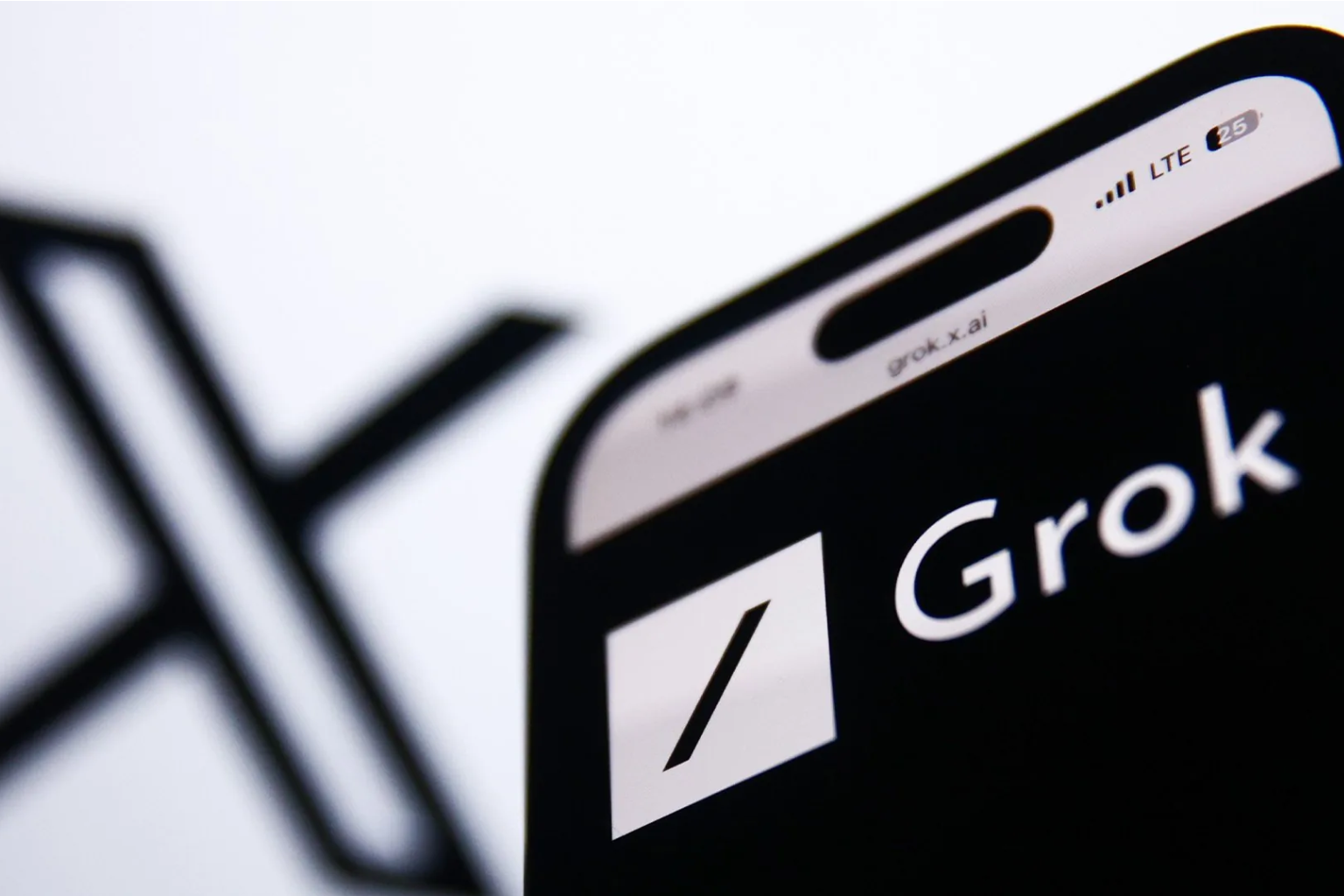
Grok Backlash Spurs Lawmakers to Urge Action on AI Deepfakes
Democratic lawmakers are pushing the FEC to deal with deepfake issues after the release of X’s Grok chatbot, which caused backlash.
After the launch of social platform X’s chatbot Grok, a group of Democratic politicians are asking the Federal Election Commission (FEC) to tighten rules on artificial intelligence (AI) deepfakes.
A letter sent on Monday to the FEC by Rep. Shontel Brown (D-Ohio) and a few other House members asked the agency to explain if deepfakes of election candidates made by AI are considered false misrepresentation.
By doing this, the lawmakers backed a motion from July 2023 that was put together by Public Citizen, a progressive consumer rights watchdog group. Concerns about the risks of deepfakes during election season are growing, so the group asked the FEC to come up with rules on how to deal with misleading AI in political campaigns.
The advanced technology can make pictures, sound, and video, as well as change voices and likenesses instantly. Lawmakers said this happened after X released Grok-2, an AI picture generator, earlier this month with what looked like few restrictions.
The members of the House talked about how fake pictures of Vice President Kamala Harris and former President Trump have been going around on X and other social media sites in the weeks since the release. They specifically pointed to Trump’s earlier this month sharing of several fake pictures of pop star Taylor Swift and her fans backing his campaign. It wasn’t immediately clear what platform was used to make the pictures, though.
Greg Landsman (Ohio), Eleanor Holmes Norton (D.C.), Summer Lee (Pa.), and Seth Magaziner (R.I.) are some of the other Democrats who signed the letter.
FEC Chair Rejects the Request
The requests in the letter were rejected by Sean Cooksey, the Republican chair of the FEC. He wrote, “Our First Amendment rights don’t go away when we use an AI image generator to express ourselves.”
Cooksey has spoken out against attempts to have the FEC regulate AI. Earlier this month, he wrote an opinion piece saying that the agency has no business making rules about how to do this for political campaigns.
He suggested stopping all work on making rules about AI and not doing anything else. The plan was meant to be voted on at a meeting on August 15, but it was cancelled. The commission is going to talk about the plan again at its meeting on Thursday.
Updates on Grok and Election Information
People who pay for the premium versions of X can only use Grok, but some people are worried that the material is being shared on many social media sites.
Yesterday, five secretaries of state told Grok that it was sharing false information about the election, so it was updated. The AI chatbot said that the deadlines for voting had already passed in a few states after President Biden dropped out of the 2024 run last month and backed Harris in late July.
Watchdog groups and some lawmakers have been worried about the rise in hate speech and false information on Twitter since Elon Musk bought the company in 2022. This is because the company’s content control rules have become less strict.


